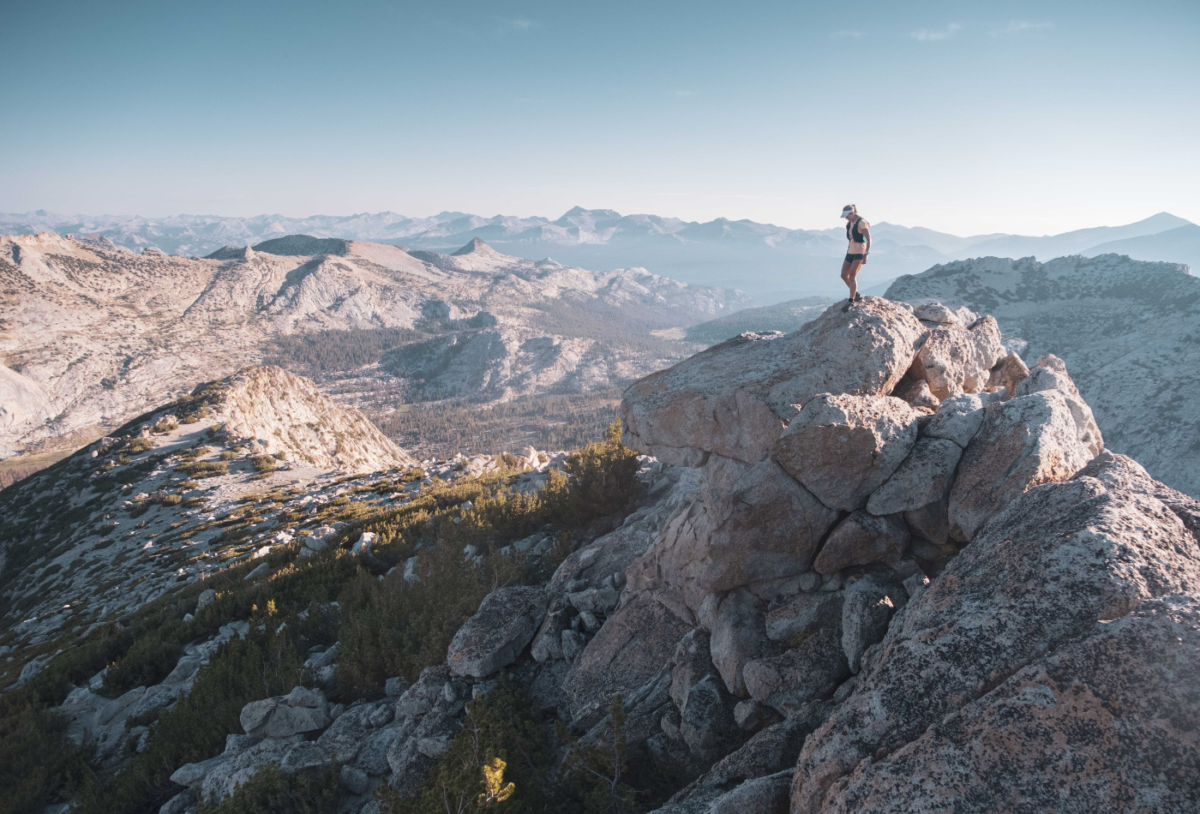It’s inevitable, not all days on the trail will go smoothly. Aspire provides the backbone of information and preparation to mitigate risks, but when things don’t go according to plan, we approach challenging situations with focus. The Aspire crew enter each season with current Wilderness First Responder certifications, and hit the trails with extra fuel and water, a fully stocked first aid kit and a Delorme InReach for emergency communication between staff and emergency services if need be.
Wilderness travel is accompanied with inherent risk. With that in mind, Aspire approaches each trip with protocols in place to mitigate that risk.
The Safety Sandwich
When runners head out on the trail, an Aspire crew member leaves with them. This runner takes the role of “Sweeper”. The sweeper travels at the back of the pack, ensuring no runner is left behind.
Later in the day, another Aspire crew member heads out from the route’s finish in the role of “Super”. The super carries additional calories, electrolytes and hydration, and runs out to meet runners as they come in on the trail. When the sweeper and the super meet, they confirm that all runners are accounted for and share any important info about runner conditions.
Inclement weather
When traveling in the mountains, unexpected shifts in weather have to be expected. The Aspire season stretches from May to October, and heat, big rain storms, lightning, fog, snow and freezing temperatures are all possibilities. We do our best to prepare all participants for a safe and comfortable experience with a required gear list and pre-trip weather briefings. Insulating layers, a rain jacket, buff, emergency blanket, headlamp, and GPS are all a part of our required gear list.
Any runner who’s finished a rainy race knows it doesn’t take long after you stop running for your core temp to drop and the chill to set in. This is where our Aspire base camps really shine. We deck our walled 10′ x 20′ tent out with propane heaters to create an incredibly warming atmosphere for you to hang out in and warm up after a cold day on the trails. Oh, did we mention hot showers? When it comes to cold days, we’ve got you covered.
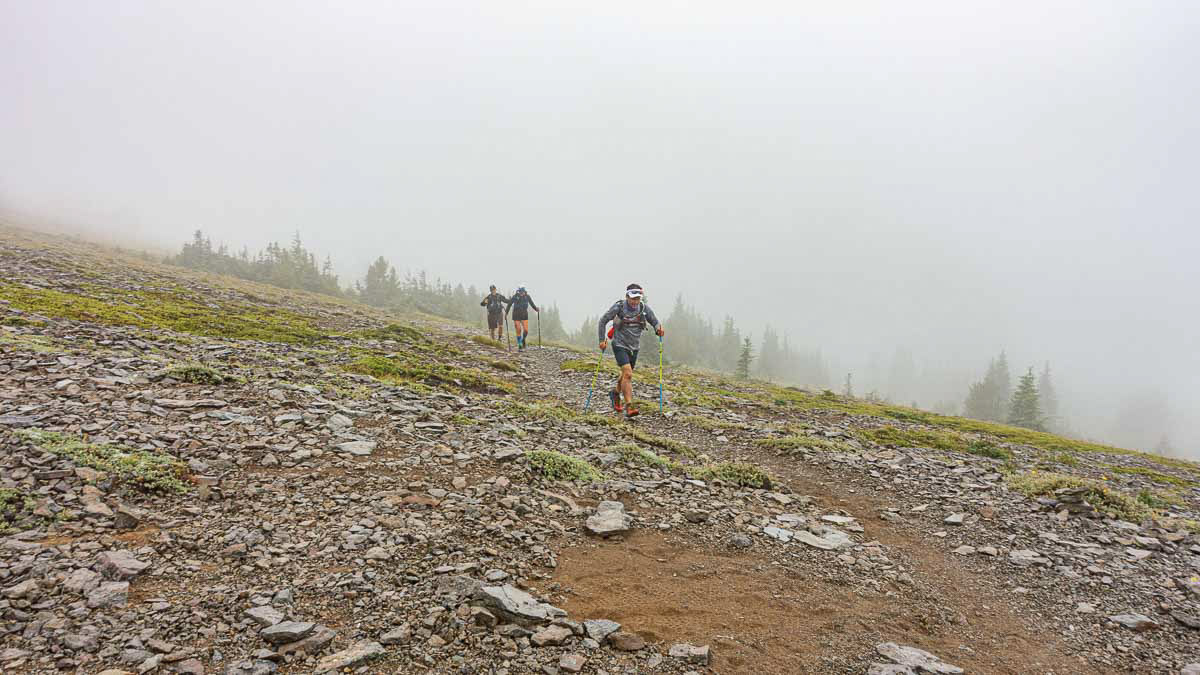
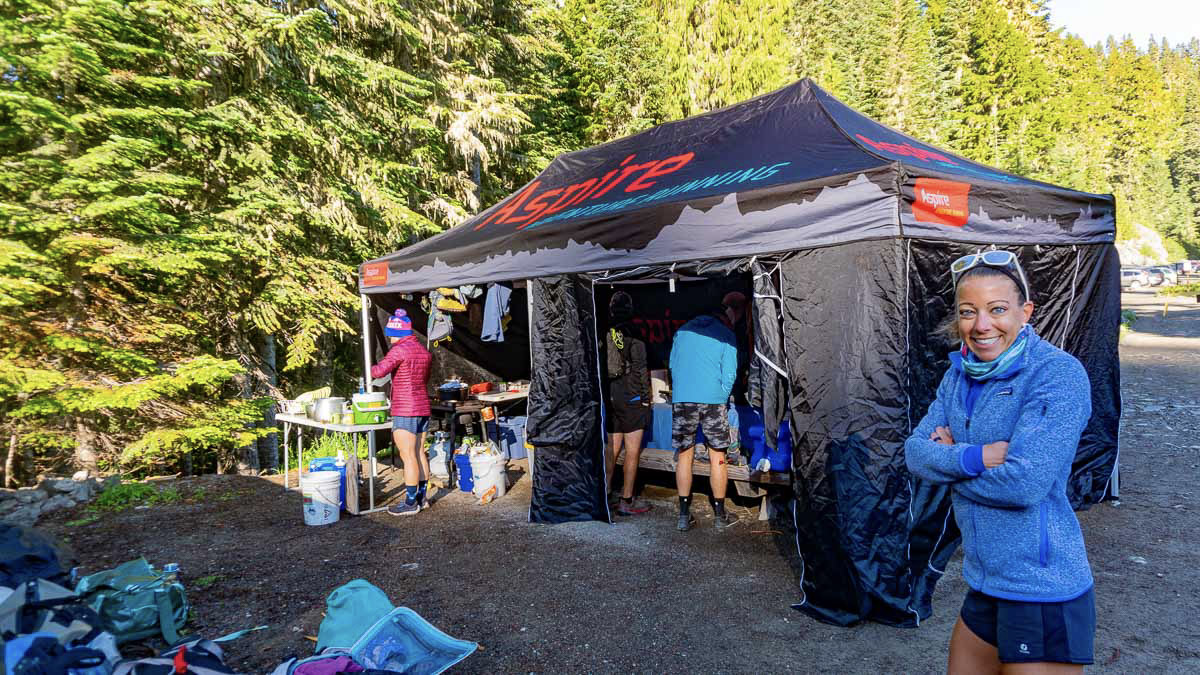
Feeling Sick on the Trail
We like to call this the ‘puke and rally’ and we’ve seen it multiple times on the trail – runners fall ill while on the trail, recover, and dig deep for that final push to make it to camp in the evening. Whether the heat has become all too much, you ate something bad, have nerves creeping in or dehydration has made you weary and sick, our guides hit the trail with the knowledge, mindset and supplies to help you continue moving on trail, supply the proper fuel, water or medication necessary, or prepare for a potential night on the trail with additional comforts if it becomes too much.
Dehydration and Bonking
Balancing nutrition with exertion on big runs is a core challenge of mountain running. Inadequate hydration and fueling during big days on the trail is all too common for many folks. We understand that high heat or feeling too cold can play into how much you feel like eating or drinking on any given day on trail. Every body is different, but eating consistently and maintaining an hourly caloric intake of between 150-300 calories will ensure your body has the spark needed to keep moving. Depending on the weather, hydration should be near constant, with electrolytes balanced with water intake.
Aspire provides an assortment of bars and electrolytes, as well as a ‘lunch bar’ each morning for runners to pack for the trail. This includes all the fixings to make a lunch wrap or sandwich and an endless variety of bars, gels, chews, and snacks. Our advice: LOAD UP!
As a fail-safe, our crew carries backup fuel and water filtration for runners who may fall short.
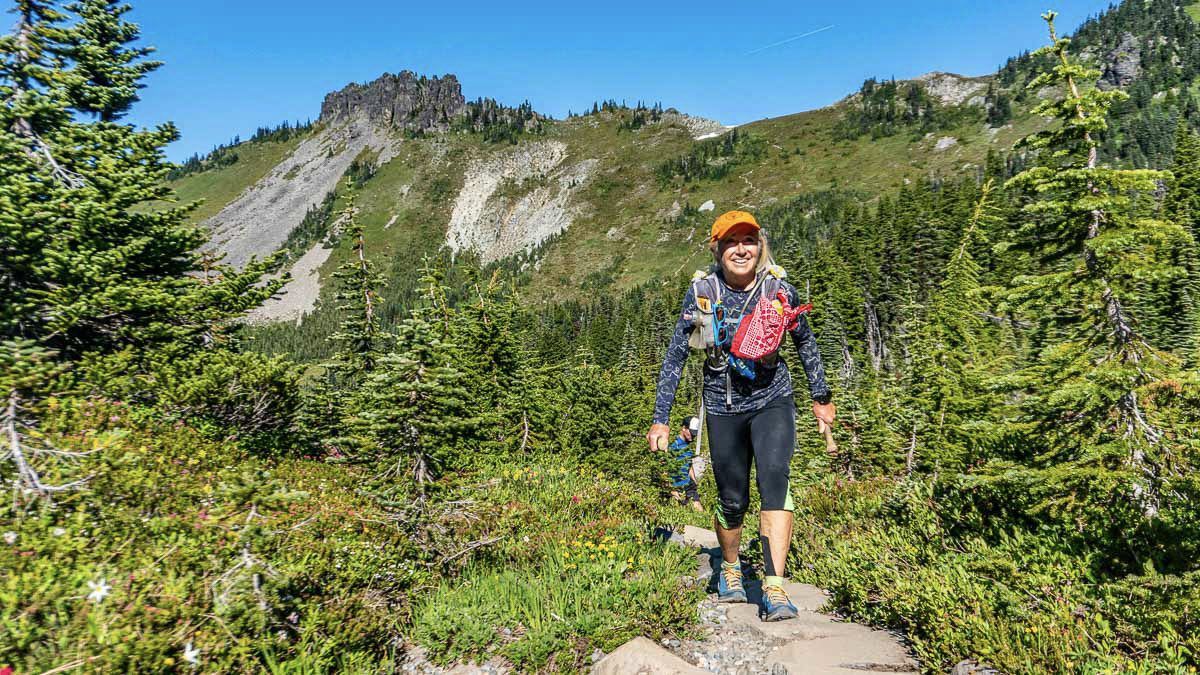
Injury on the Trail
All Aspire guides hold current Wilderness First Aid Responder certifications. They each carry a well equipped first aid kit, Garmin InReach, and two-way radio, should the need for emergency communication be necessary. Our team applies our knowledge, risk management, and skill base to come to the best decisions possible for various injuries and medical emergencies.
Our guides see a range of common injuries, and we’re pros at wrapping ankles and treating blisters. While we hit the trail expecting the nothing but miles of incredible running, we are prepared for anything. Should an injury inhibit movement, our crew works with the runner to gauge severity and make an evacuation plan. Information on our evacuation policies is provided in the pre-trip course packet.
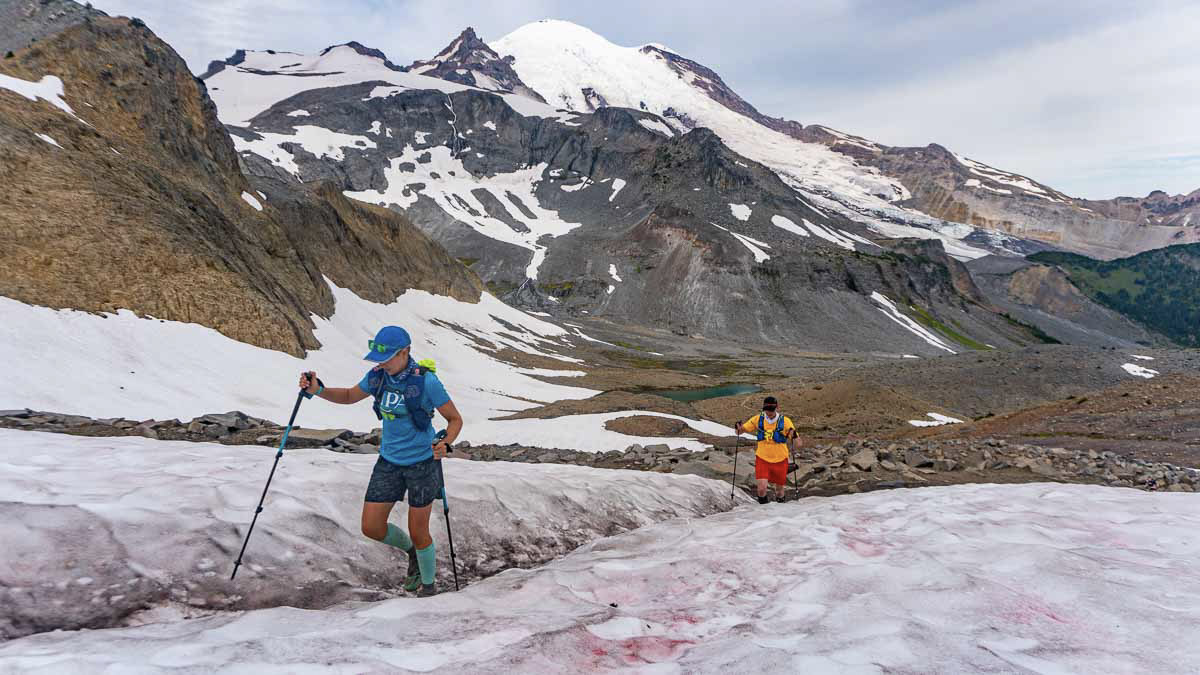
The Unexpected Bivouac
In a worse case scenario, where a runner is unable to make it to camp due to fatigue or injury, it’s important to be prepared to camp in the backcountry overnight. Every runner making it to camp each night is one of our highest priorities, but if circumstance decides otherwise, the Aspire team will work to make the night as safe as possible. When it becomes clear a backcountry bivy is likely, the “OH SHIT” pack comes out. This pack includes additional shelter, gear and calories. Our staff will communicate with each other, and a member of our camp team will make every reasonable effort to reach the stranded party with a resupply.
At this point, you’re solidly within type 2 fun territory, but hey, if you bivy out in the wilderness one night and go home healthy and well at the end of a trip, it will only add to your list of epic backcountry stories!
Navigational Errors and Lost Runners
Getting lost sucks, but it happens. Taking a wrong turn or getting off route can happen for a variety of reasons. We understand the varying levels of comfort and knowledge runners have with backcountry navigation and we make sure to have these conversations with runners before heading on the trails. Prior to each day on trail, we hand out maps and go over the course information for the day. We highlight potential places for navigational errors and want all of our runners to go out feeling confident in their ability to move through the terrain. But even with these implemented measures, runners may find themselves off route.
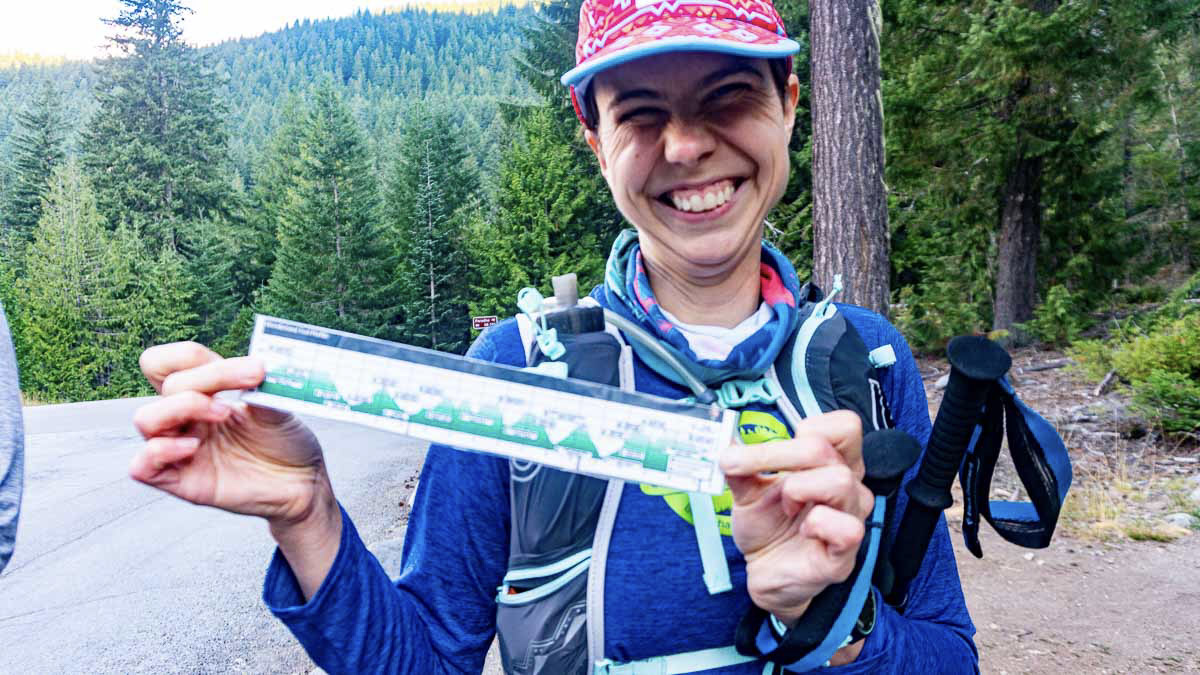
In the case of a lost runner, our guides note the time that the runners(s) went missing, identify the strengths and liabilities of the missing runner(s) and review the trail, terrain, trail intersections, possible points of interest, and obvious detours and distractions within a five mile radius. Based on the specific terrain, runner, and weather conditions, our guides will make an initial search plan. If the runner(s) are not located within two hours, our Aspire staff will return to camp. At this point, any “Lost Runners” are declared AWOL.
Once runners have been declared AWOL, an incident form is initiated. A secondary search plan is created based on the weather, terrain, and resources to initiate a secondary search. As all Aspire clients are required to be equipped for an emergency bivy, in most cases this secondary search will begin the following morning. Any secondary search will require an Aspire staff person to remain in camp at all times. After 12 hours of AWOL status with the missing runner(s), an emergency external runner search will be initiated. This external search will include notifying the appropriate land use agency, activating local search and rescue support, and notifying the emergency contacts of the missing person(s).

Our highest priorities are for our runners health and safety for each trip, among endless miles of enjoyment and fun. Our protocols and expertise are developed to mitigate major risk factors and respond effectively when things go wrong on trail to get you home safely, while enabling epic backcountry adventures.
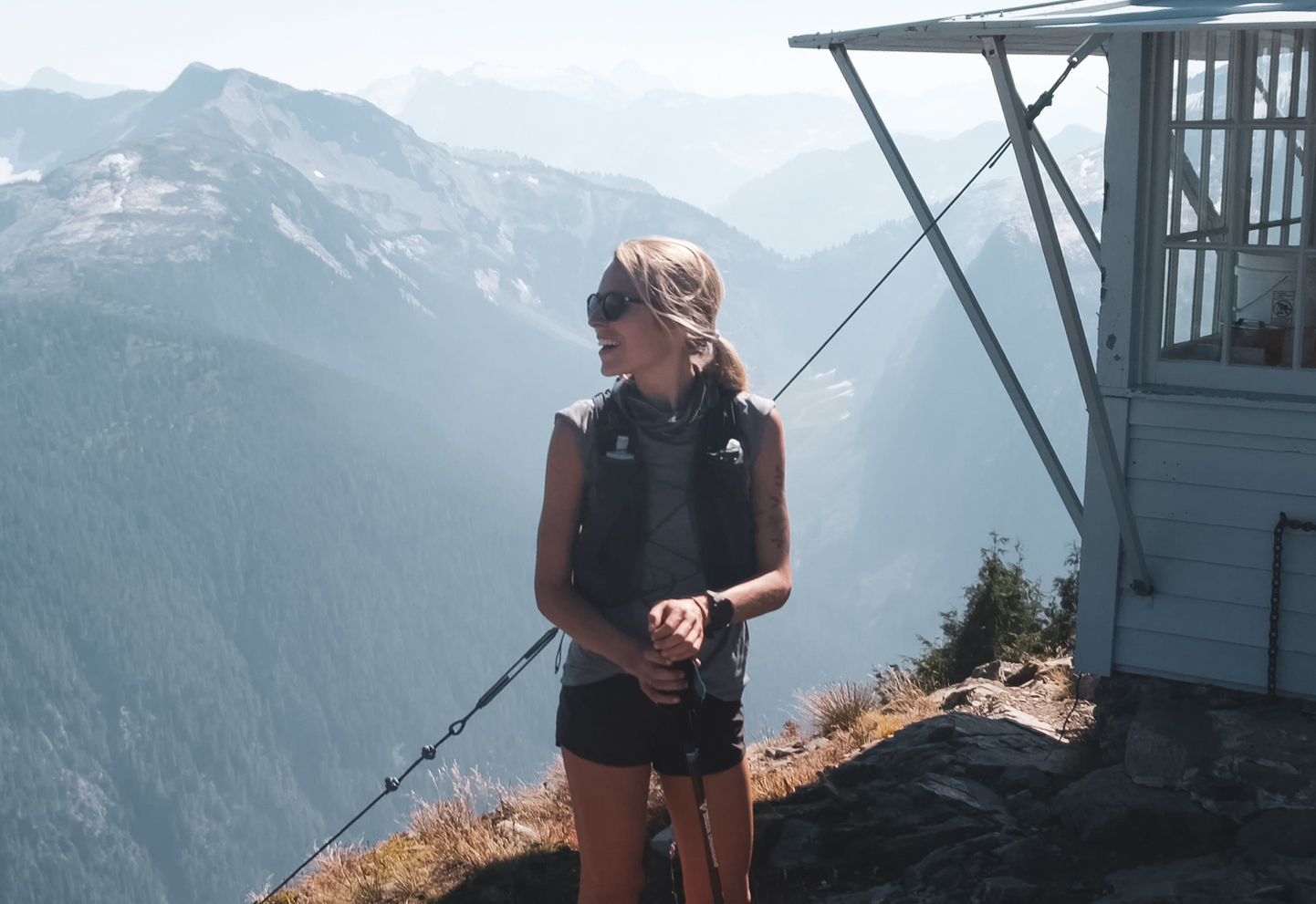
Kara Folkerts is a plant powered trail runner, sustainable travel advocate, yoga teacher, and passionate about all things travel, sustainability, health, and outdoor movement. Originally from Canada, Kara has spent the last few years living and travelling in various places across the globe, guiding trips and going on personal expeditions before joining the Aspire crew in 2020. She writes about her experiences and adventures on her blog at www.karafolkerts.com.

